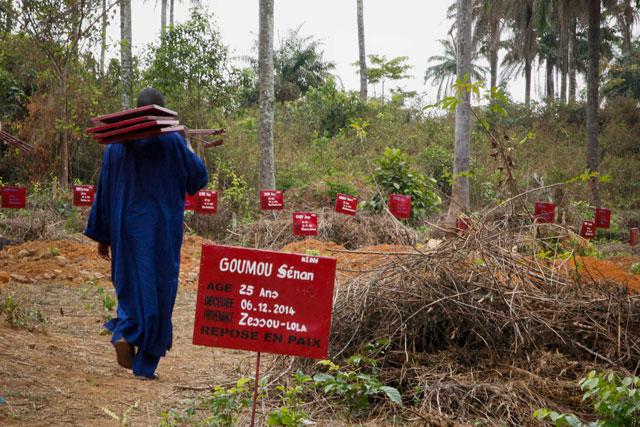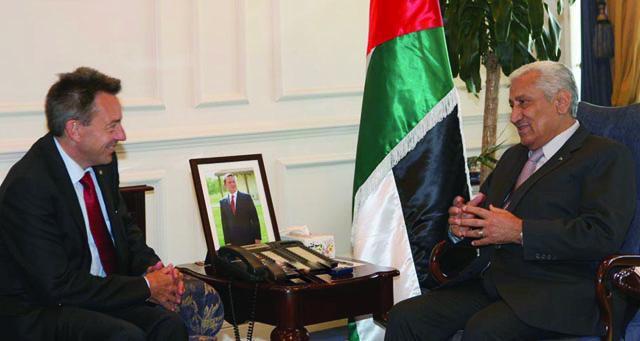You are here
No Syrian ‘Marshall Plan’ but rather protracted war — Red Cross
By Reuters - Jun 03,2017 - Last updated at Jun 03,2017

A street vendor waits for customers during the holy month of Ramadan in the rebel-held Tafas town, in Deraa Governorate, Syria, on Wednesday (Reuters photo)
GENEVA — Syria is unlikely to see a major "Marshall Plan" for reconstruction as peace remains elusive despite hundreds of thousands more civilians possibly returning to their homes, the International Committee of the Red Cross (ICRC) said on Friday.
ICRC President Peter Maurer, speaking after his fifth visit to Syria, said the aid agency was stepping up work to restore the water, health and power infrastructure in areas retaken by the government, to which civilians are returning.
"Some people speak now about a big Marshall Plan for Syria, but we also know this will not happen if there is no political consensus and minimal stability," Maurer told a small group of reporters in his Geneva office.
"You can't expect humanitarian and development agencies to rebuild Syria. There is not enough money, there is not enough capacity, there are not enough skills."
Russia, Iran, and Turkey agreed last month to arrange and monitor "de-escalation zones" in Syria to ease the fighting. Syrian President Bashar Assad has said that the zones are a chance for rebels to "reconcile" with Damascus and drive out Islamist militants.
Up to 8 million people remain displaced in Syria, and a maximum of 500,000 have returned to Aleppo and other areas, Maurer said. Another 700,000-800,000 may be considering a return to their homes in these zones or under local ceasefires that include the evacuation of rebels to Idlib province, he said.
The ICRC and the Syrian Arab Red Crescent can repair heavily damaged infrastructure so that people can go back to their communities and resume a more normal life, he said.
"For the rest, you will need massive investment and investment only comes with a political deal on the future of Syria. While we can help people survive in a very difficult situation, I'm very concerned that we are here again moving into a long, long-term protracted conflict where we don't really see an overall peace deal," Maurer said.
A peace agreement would galvanise the world to seek public and private investment in Syria and invite financing by the World Bank and International Monetary Fund, he said.
Maurer said that despite his "more promising and more constructive" talks with senior Syrian officials on opening up more prisons to ICRC visits, he could not report any breakthrough on access to detainees or prospects for a prisoner exchange anytime soon.
Related Articles
Leaders of the west African countries worst hit by Ebola urged the world on Tuesday to back a "Marshall Plan" to help them stamp out the disease and rebuild their shattered economies.
Deputising for His Majesty King Abdullah, Prime Minister Abdullah Ensour met on Monday with International Committee of the Red Cross (ICRC) President Peter Maurer and discussed international support to Jordan.
Jordan’s generosity in hosting a great number of refugees has to be a wake-up call for the international community to get to the root of the problem and prevent mass exoduses in the region, according to International Committee of The Red Cross (ICRC) President Peter Maurer.


















